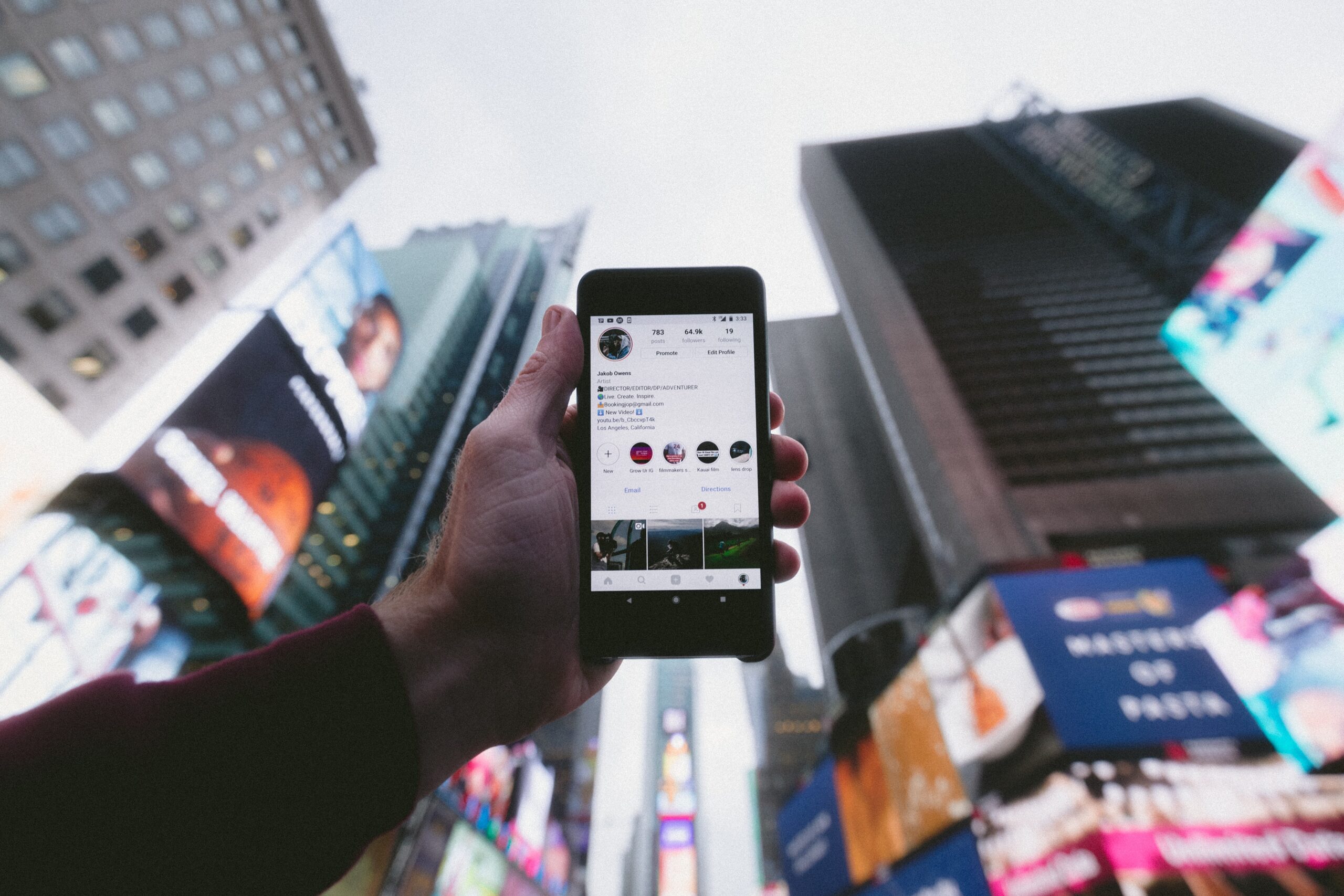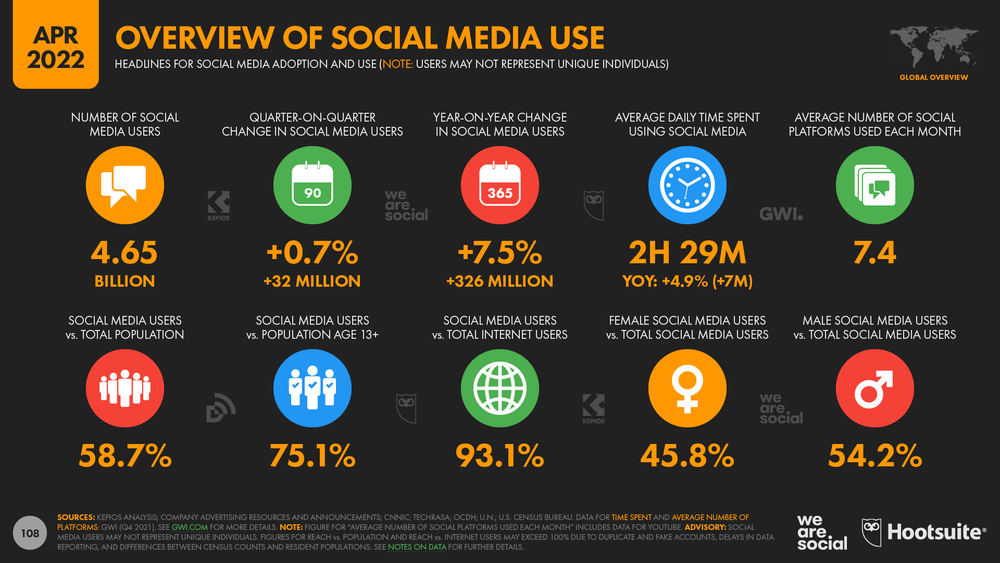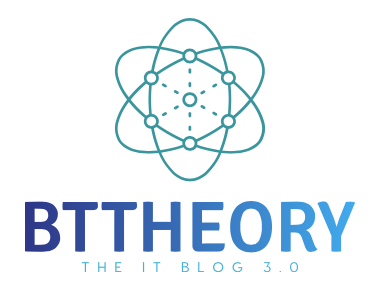Social media has had an influence on everybody’s life to some degree or the other.
It is extraordinary how social media has influenced politics. It is a perspective that can be personalized by every person and can be used for specific purposes. Social media has had an influence on everybody’s life to some degree or the other. The way people connect with each other has played a part in the development of a new mindset toward the future and politics too. Though it was not easy to accept initially, its adoption among the world has been growing exponentially.
Social media has revolutionized the way people engage with politics. Previously, you couldn’t interact with politicians when they made speeches or did rally. Now, you can have a live conversation with your legislator. You can ask questions and give feedback. You can even participate in polls! While social media platforms may have drastically changed how politics works, both on a micro-level and on a macro level, politicians still battle a delicate dance of trying to gather followers without scaring away other potential voters. They want to be as open and accessible as they can while avoiding criticism, bashing, ridicule, and harsh criticism.
Role of social media in politics
The role of social media in politics has been a hotly debated topic for years. While some belief it to be an important tool for communication and engagement, others see it as a dangerous weapon that can be used to manipulate voters and drive opinions. It has become a key part of how people get their news, so it’s no surprise that politicians have followed suit. In fact, many politicians use social media platforms like Twitter and Facebook to connect with voters, share their ideas and keep them up to date on what’s happening.
Social media allows politicians to engage with voters on a more personal level than they could in the past. They can now communicate with voters directly through posts, tweets, and other forms of communication that were not available before social media was created. It has also made it easier for candidates who do not have enough money or resources to get elected because they are able to reach out directly to voters without having their message filtered through traditional media channels such as newspapers or television shows.

Hashtags and trends
Hashtags are a way of tracking and monitoring information on the internet. They can be used to create public discourse, as well as track conversations about specific topics. When people use a hashtag on social media, it makes their posts more visible to others who are interested in that topic. For example, if someone posts something about politics with the hashtag #stopwar, then other users interested in that topic will be able to see it more easily than they would have been able to otherwise. This can help raise awareness of a specific issue or cause, as well as encourage people who share an interest in that topic to get involved in political action.
Trending topics work similarly but provide another level of visibility that is not available through hashtags alone. A trending topic is one that appears at the top of lists for certain keywords such as “#stopwar” above because it has become popular within those circles over time due to repeated mentions by users across multiple platforms such as Twitter or Facebook etc.
There is no doubt that social media has become an integral part of our society. According to Datareportal, there are 4.65 billion social media users around the world in April 2022, equating to 58.7 percent of the total global population. With this much exposure to content from politicians’ accounts and campaign ads, it’s no wonder that we’re starting to see people change their political views based on what they see online.

Visit datareportal.com for more global social media statistics and other digital statistics.
Negative effects of social media on politics
Political campaigns are now influenced by every story, whether true or not, that gets spread around social media. The speed at which information travels online makes it difficult for campaigns to fact-check everything they see online before they act on it. This means that any time an individual shares a story on social media without checking its validity first, they are potentially contributing to the spread of false information that could affect political outcomes.
In addition, many platforms have algorithms that filter content based on what users like or dislike; this means that if you don’t agree with someone’s political views but still follow them on Twitter (for example), then you’re more likely than ever before to see posts from sources that support those same beliefs—even if those sources aren’t reliable or factual.
Fake News and Misinformation
Fake news is a problem in politics because it can have serious consequences. Some fake news sites are not even amusing but simply exist to post clickbait stories or to troll readers who don’t do their own research. These types of sites can cause people to distrust their elected officials, which can lead to problems down the road—like when an election is decided by a few thousand votes, and those votes are swayed by a false story about one of the candidates.
The truth is that misinformation could be covering up the truth about politicians’ real faces. And while this isn’t always bad (we all know how important it is to stay informed), sometimes it can cause real problems for people who are trying to make informed decisions when voting.
Politicians are constantly fighting for your vote, and they’re willing to do whatever it takes to get it. That includes lying about their opponent’s policies, their track record, and even their physical appearance.
In the past few years, we’ve seen plenty of examples of politicians who have been caught in lies or misinformation campaigns. This can be harmful not only to candidates’ reputations but also to geopolitical stability as a whole—they could cause political turmoil or worse.
This is why it’s so important for us as consumers of social media content to be aware of how we can help eliminate this problem: by being critical thinkers and demanding evidence from our sources.
AI Algorithms, Machine Learning, and Bots
In the age of technology, it’s not surprising that politics is also being transformed by AI algorithms, machine learning, and bots.
According to medium.com, there were massive swarms of political bots were used in the 2017 general election in the UK to spread misinformation and fake news on social media. The same happened during the US presidential election in 2016 and several other key political elections around the world. As technology advances, social media platforms have become increasingly sophisticated—and that means they can be used to influence voters in ways we never thought possible.
By training algorithms with huge amounts of data, we can get them to make predictions about how you will feel about certain political issues or candidates—even if you’ve never expressed those opinions before.
This can be used for good, but it can also be used for evil. If we train an algorithm on enough negative comments about one candidate or another (or even on a single comment), then that algorithm will begin to associate those words with negativity and use them against the person they’re meant to describe. In other words: if you’re racist enough online, your AI-powered social media profile will find other racists and start posting things that match their worldviews so that they’ll follow you back!
It’s important to remember that these tools are not inherently good or bad; they just reflect what society is already thinking and saying about itself.
Conclusion
Social media has an influence on politics in various ways and in various spheres. It is a powerful tool. Knowing how to use social media can be greatly beneficial, It can also hurt if used incorrectly.
Technology is the future and we need to embrace technology because it is an important tool that will make us able to communicate faster and easier. The problem is not technology or social media, the problem is that humans are using these corruptible tools for scenarios that are corruptible by nature.
We should remember that they are only a tool. What we do with this tool is ultimately up to us. But if we use it responsibly, we can make a positive impact on the political process, while also bringing people together online.


Featured image
Photo by camilo jimenez on Unsplash
Social Media Image
Photo by Jakob Owens on Unsplash


0 Comments